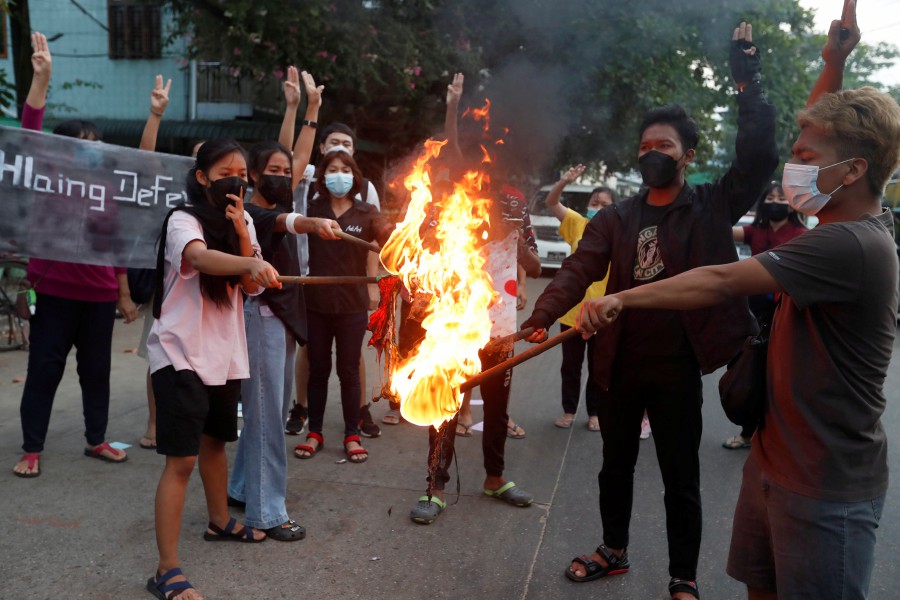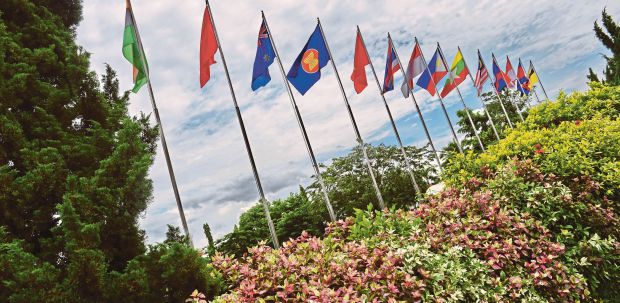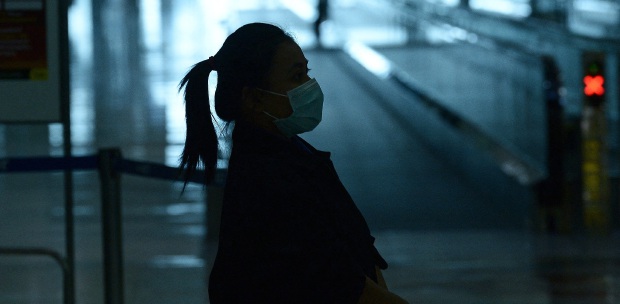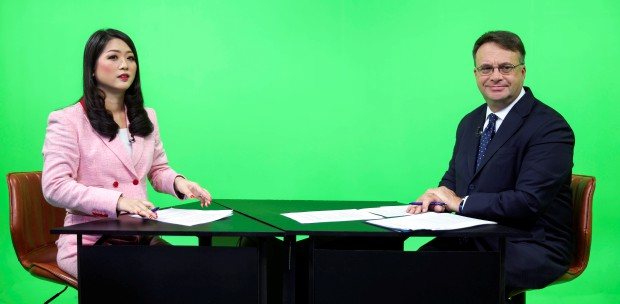Writing about human rights at the Asean level is a thorny and sensitive issue even though it should not be this way.
Yet, given the local context, and the different perceptions and understandings of human rights in the region, it remains a delicate area, a subject in which the member nations of Asean are hyper sensitive and rightly so because most of them are fully aware of their abysmal track records in matters of human rights.
However, it is important to write about it because if Asean wants to evolve and become a true community that treasures certain universal values, then, human rights should come at the forefront of any debate for a stronger Southeast Asia.
I am not only referring to the human rights situation in each respective member state of this community but also about the overall institutional framework upholding human rights at the regional level.
We know that these two levels, national and regional, are interlinked and they are bound to become blurrier in the future, no matter the no-interference doctrine, one of the pillars of Asean.
In this regard, perhaps the ongoing Myanmar crisis will mark the first crack on the "rules of the game" that has kept Asean united and cohesive so far. Yet for now, there is an institution that requires support.
If there is one body within Asean that deserves more attention, it is the Asean Intergovernmental Commission on Human Rights (AICHR), supposedly the guardian of human rights in the community but in reality it is little more than a talk shop.
Yet, considering the regional context, even a talk shop on human rights is relevant and we need to talk more about it and about the ways it can turn itself into a real watchdog and human rights defender that is able to truly keep the member states accountable.
It will be a long road. So far, since its establishment on Oct 23, 2009 at the 15th Asean Summit in Cha-Am Hua Hin, Thailand, it has been bumpy. It will become even bumpier in the near future if we want the status quo to change for the better.
The terms of reference (TOR) of the commission strictly limits its scope of action and its overarching goals of protecting human rights in the region.
At present, there is no mechanism for complaints, though in 2019 an embryonic procedure, the outcome of intense negotiations, was established to communicate possible abuses in one country through its own representative in the commission.
There still isn't a broader consensus on strengthening the commission though something has been moving slowly. Back in 2019, the formal review of AICHR's TOR was approved, an exercise that was long due.
Since then, this process has barely moved forward, but thanks to the goodwill and determination of some of the commissioners within the AICHR, there are attempts to move forward with a review process to be handled by a high-level group of experts appointed by the Asean senior officials' meeting.
So far, several members did not even bother to appoint their own representatives in this group of experts. Only Malaysia, Indonesia, Cambodia and Thailand did.
Vitit Muntarbhorn, one of the key legal architects of the AICHR, writing for the Bangkok Post in August, said there were other ways to move the debate on the reform of the commission, even without waiting for the full appointment of all the experts.
This is exactly what is happening and it is encouraging. The first ever Regional Dialogue: Self-Assessment of AICHR Progress After 10 Years was held over two days, on July 23 and Sept 14, and it was an important step to break the deadlock.
In September, the AICHR organised the Asean Human Rights Dialogue 2021, another important milestone. From Nov 23 to 26 (yesterday), the last meeting of the AICHR under Brunei's chairmanship was held.
It's another opportunity to push for change from the inside. Malaysia's Prime Minister Datuk Seri Ismail Sabri Yaakob has the power to leverage its influence with his peers and ensure that the appointment process is concluded as soon as possible.
While it is tempting to abandon any hope for progress at reforming the human rights framework within Asean, there are many activists and human rights defenders that are staying the course to fight from the inside.
They should not feel abandoned. The role of the Office of the United Nations High Commissioner for Human Rights and those of the international community members with a strong interest in the region is paramount.
If there is one area where international partners can make a useful contribution to the overall development of the Asean community, it is to support the cause of a stronger AICHR.
The Asean Human Rights Declaration approved in 2012 in Phnom Penh, Cambodia, has been more a hindrance than an enabler to promote human rights. One day, this will change and the region will have a progressive charter and effective human rights mechanism.
The author writes on social inclusion, youth development, regional integration and the Sustainable Development Goals in the context of Asia Pacific
The views expressed in this article are the author's own and do not necessarily reflect those of the New Straits Times






